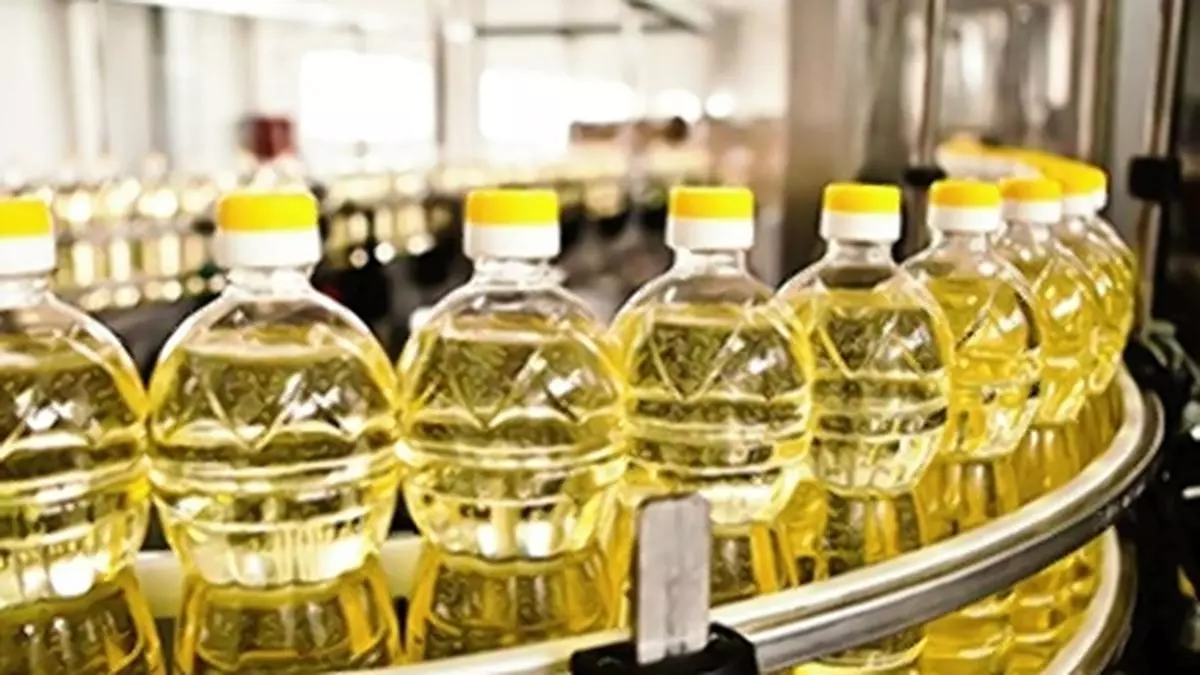SOPA urges Govt to hike customs duty, agri cess on edible oil imports to protect domestic growers, industry
The Soyabean Processors Association of India (SOPA) has urged the Government to raise the customs duty and agriculture cess on cheap edible oil imports to protect the domestic oilseed growers.
In a letter to the Union Agriculture Minister Shivraj Singh Chauhan, SOPA Chairman, Davish Jain sought immediate action to protect the domestic oilseed sector by raising the customs duties and agriculture cess on imported edible oils to levels prevalent three years ago. This will create a more level playing field for domestic producers and processors. Delayed action could lead to a significant decline in domestic oilseed production, increased dependence on imports, and potential job losses in the processing sector. Processing industry and trade will continue to suffer from rampant sickness, he said.
Over the past two years, a significant decrease in customs duties and agriculture cess on edible oils has resulted in a surge of cheap imports and negligible import tariffs.
Surge in imports
The SOPA Chairman, citing the government data, said the reduction in import duty since October 2021 has led to a corresponding surge in edible oil imports. From 130.68 lakh tonnes (lt) in 2021, the edible oil imports in India surged to 158.37 lt in 2023. This influx of low-cost imports has created an uneven playing field, severely impacting domestic oilseed production and processing. Domestic edible oil prices have dropped from ₹105.51/kg in 2021-22 to ₹80.01 in 2022-23 and ₹85.52 in 2024-25, respectively, SOPA said. The slashed import duty of 5.50 per cent, which has been extended up to March 31, 2025
As a result, the prices of domestic oilseeds such as groundnut, rapeseed, mustard and soyabean are depressed and ruling below the minimum support prices and discouraging farmers from expanding the area under oilseeds. To sustain themselves from further incurring losses, farmers are being constrained to switch over to the sowing of other crops, and if this is allowed to happen, the objective of ‘Atma Nirbharta’ in edible oils would be a far-fetched dream, Jain said.
Processors incurring losses
While lower import duties can benefit consumers by making oils more affordable, it is harming the interests of domestic farmers. Finding the right balance is crucial for ensuring both food security and the sustainability of the domestic oilseed industry, SOPA chairman said. The domestic oilseed processing units are incurring significant financial losses due to their inability to compete with the landed cost of imported edible oils.
SOPA chairman stressed upon the need to develop a comprehensive long-term strategy to ensure the sustainability of domestic oilseed production and processing. This strategy should focus on promoting domestic production, improving processing efficiency, and ensuring fair competition.
